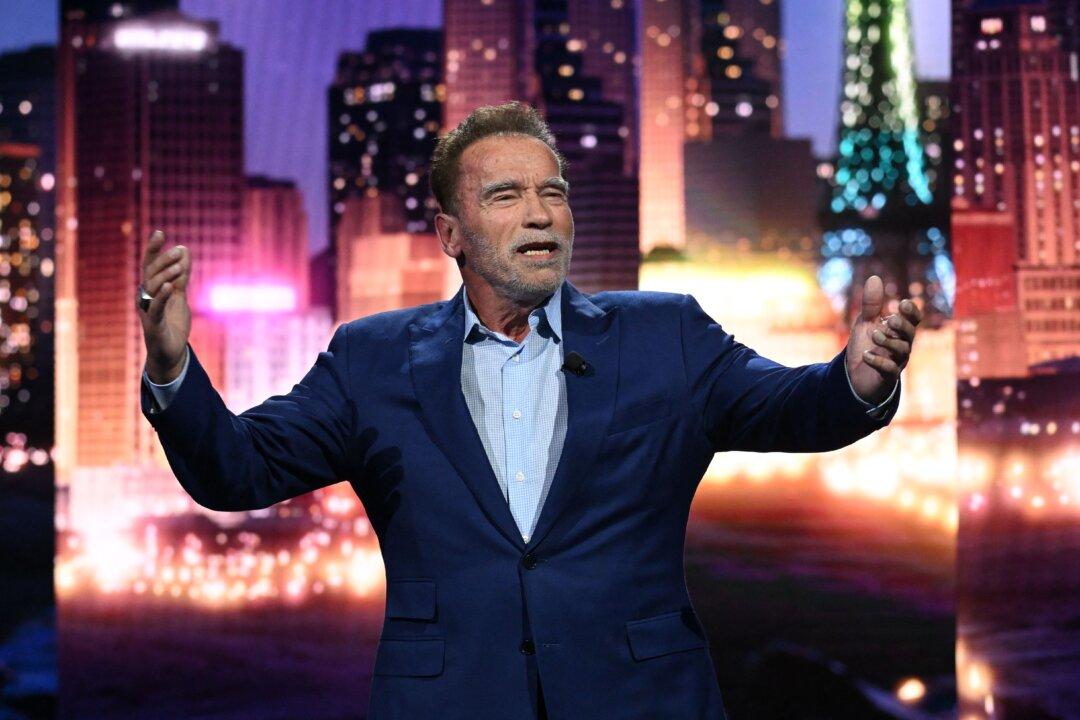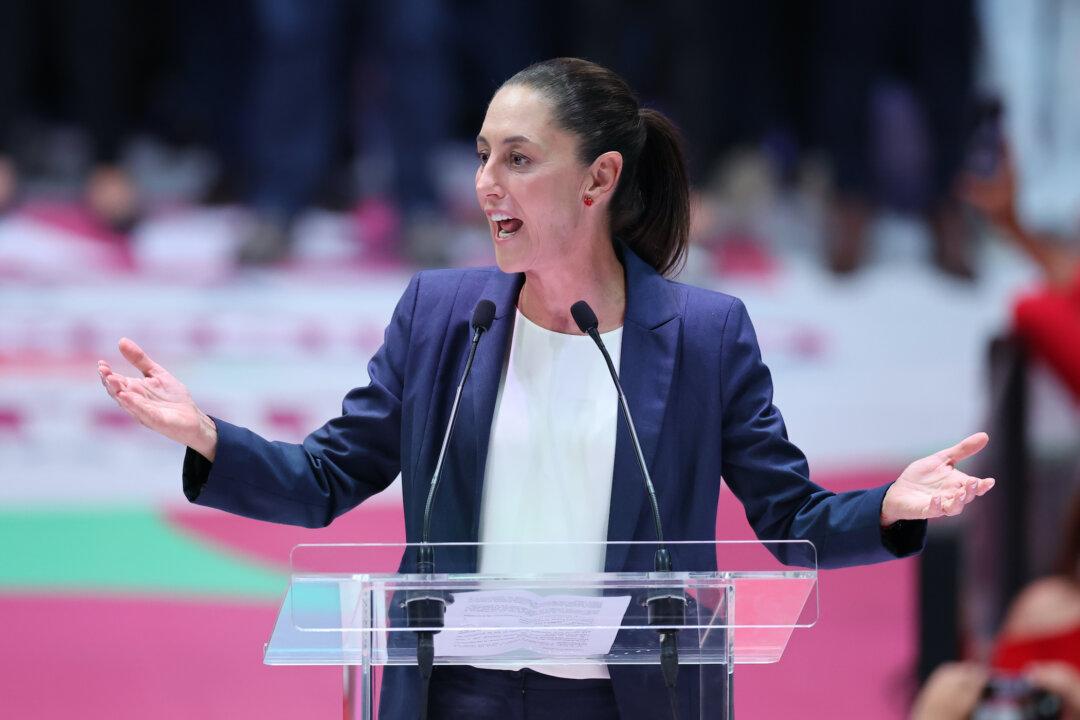Commentary
Arnold Schwarzenegger’s term years as California’s governor, 2003–11, remain one of the most consequential periods for California since 1991. That was the year Republican Gov. George Deukmejian left office and was replaced by moderate Republican Gov. Pete Wilson, who promptly increased taxes and went to war with the conservatives in his party over those tax increases, badly wounding the party.





